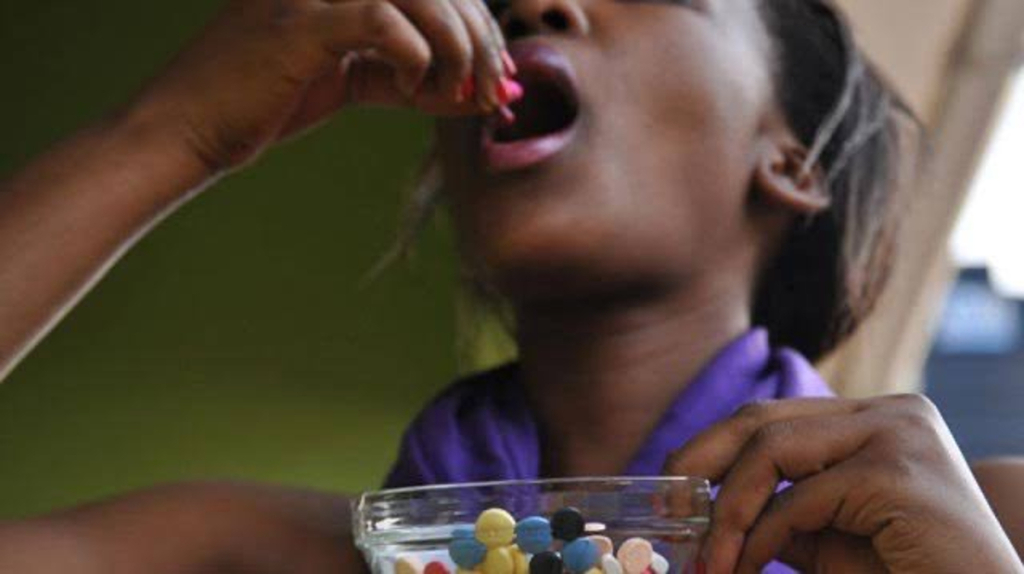Nigeria’s Youth Face Growing Threat from Drug and Substance Abuse
A alarming trend is unfolding in Nigeria, where the rate of drug and substance abuse among young people is on the rise. Dr. Gloria Eifediyi, a counselling psychologist at the Irrua Specialist Teaching Hospital in Edo, has sounded the warning bell, highlighting the devastating consequences of this growing epidemic. In an interview with the News Agency of Nigeria (NAN), Eifediyi identified broken homes, negative social media influence, boredom, and unresolved trauma as key factors driving youth drug abuse.
"The reality is that drug abusers are not criminals, but victims who need help," Eifediyi emphasized, stressing that substance abuse can lead to severe mental health conditions, including anxiety, depression, psychosis, and bipolar disorder. The implications are far-reaching, with Eifediyi noting that "as a society, we are losing our workforce. We import people to do jobs we are capable of handling ourselves." The crisis also has a ripple effect, contributing to family breakdown, financial hardship, lack of education, and unemployment.
Commonly abused substances in Nigeria include cannabis, tramadol, codeine, methamphetamine, and synthetic opioids like "kush" and nitazenes. Eifediyi is calling for a united response from stakeholders to combat the crisis, underscoring that "drug abusers are not criminals, they are victims who need help." She urges parents to be more involved in their children’s lives, know their friends, and listen to them, while law enforcement must crack down on traffickers and outlets distributing drugs to young people.
As Nigeria grapples with this growing challenge, it is essential to recognize the complexity of the issue and the need for a multifaceted approach. By acknowledging that drug abusers are victims rather than criminals, we can begin to address the root causes of the problem and work towards a solution. The stakes are high, and the time to act is now. As Eifediyi’s warning highlights, the future of Nigeria’s youth and the country’s overall well-being hang in the balance.
